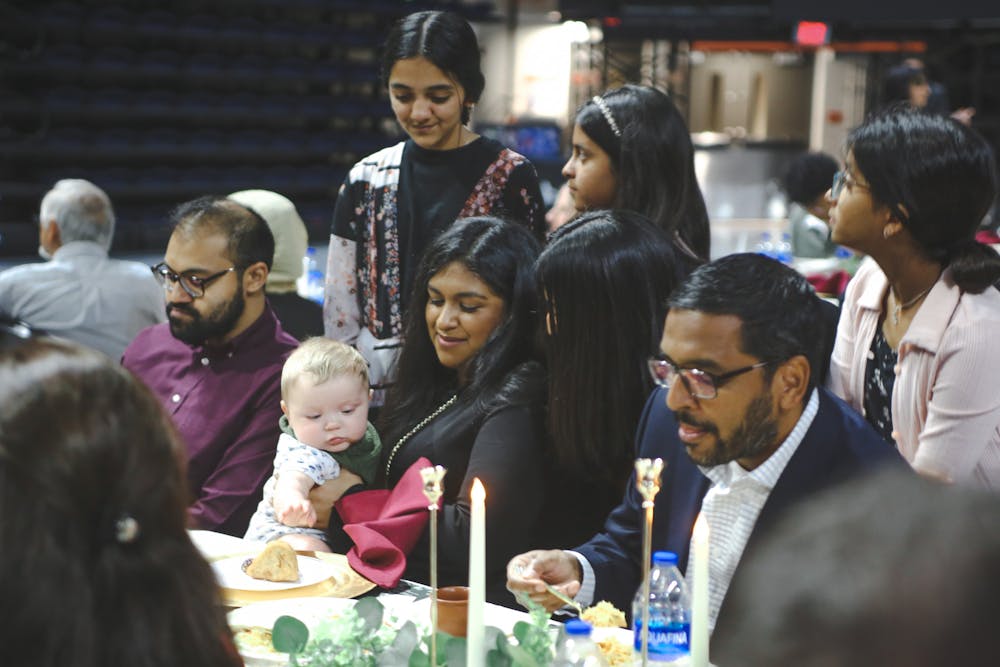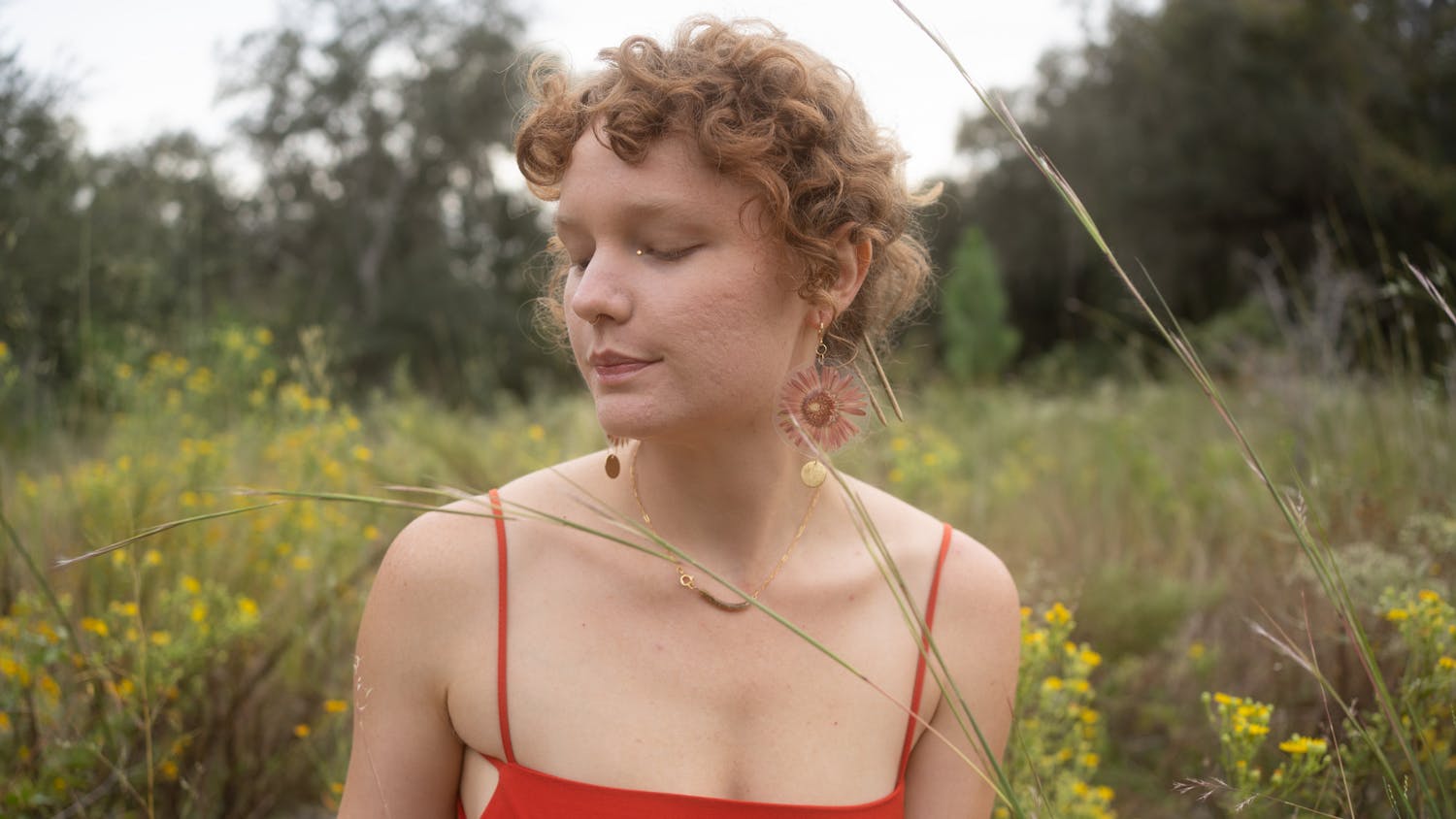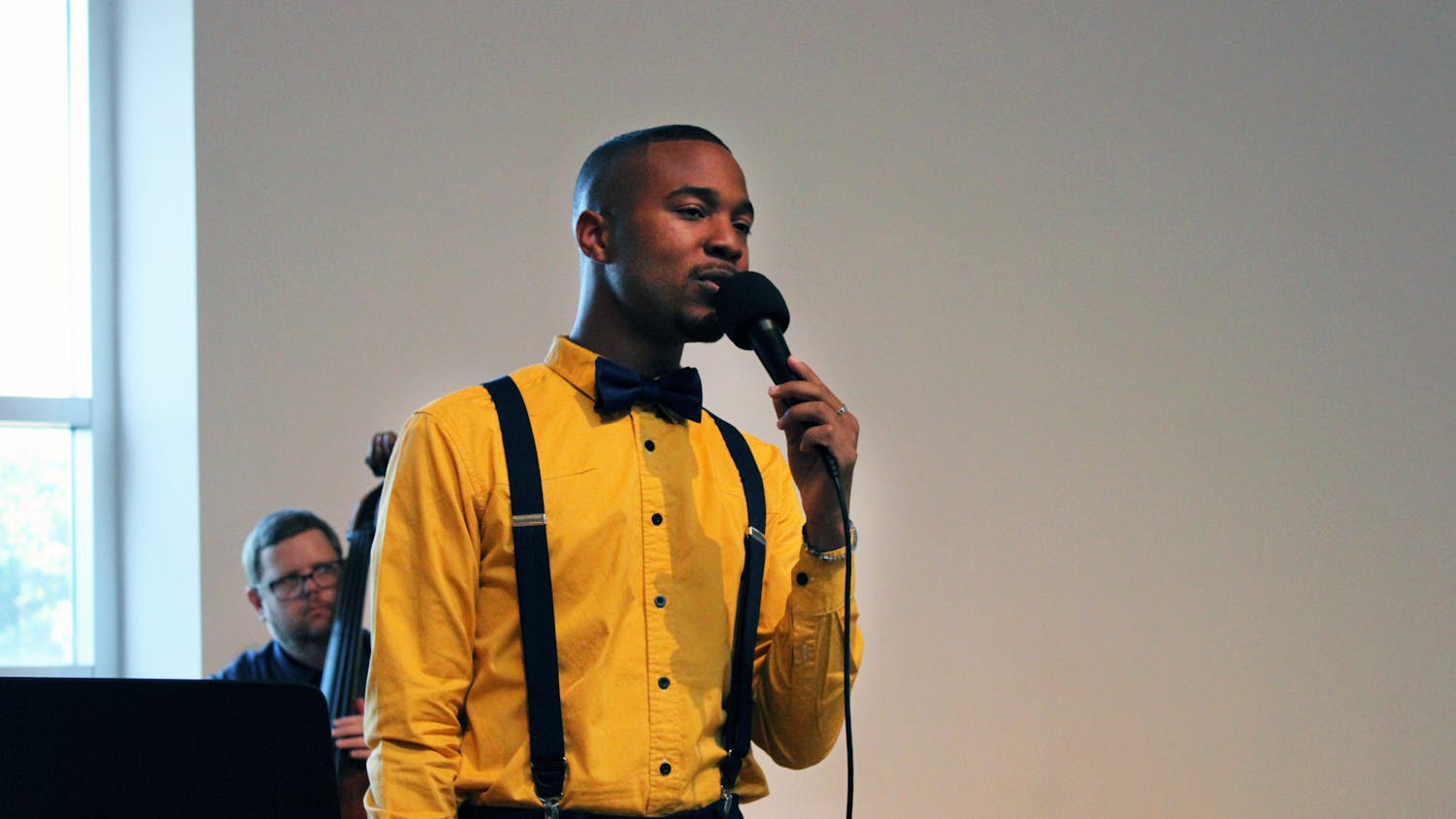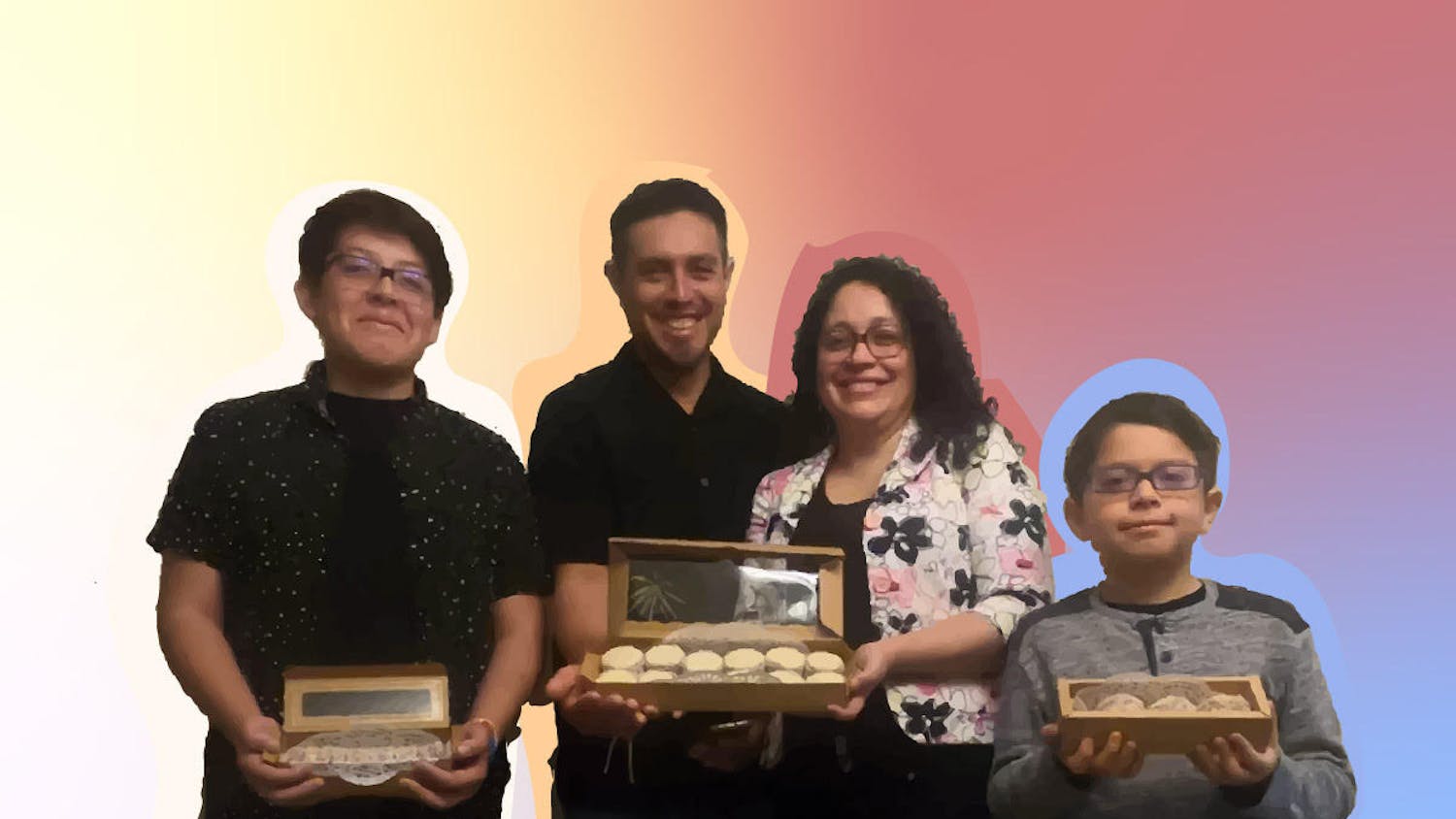Since the end of March, Ealyes Mohammed has woken up every day around 5 a.m. to eat breakfast. Sometimes, he eats cereal or a bagel with cottage cheese. The snacking stops when the sun rises, and he doesn’t eat or drink anything else until 8 p.m.
After a morning prayer at the mosque and a few hours of rest at home, the 32-year-old restaurant owner gets up again and goes to work.
“I’m actually a believer of exerting a lot of energy during Ramadan,” he said. “I find more energy.”
Muslims, like Mohammed, started fasting March 23 to observe Ramadan, the ninth month in the Islamic lunar calendar when Muslims don’t eat or drink from sunrise to sunset every day until they see a new moon, signifying the start of the next month in the Islamic calendar.
With this change in their eating schedule and sleeping hours, Muslims are expected to practice discipline and moderation as they juggle work, school and spiritual duties.
Mohammed is the co-owner of Bite of Power, a restaurant that sells halal food — or food prepared according to Islamic law — like burgers, fries, gyros and rice platters. His restaurant, located across from the UF campus at 1412 W. University Ave., opens every day at 10 a.m. and closes at 3 a.m.
He has no fixed work schedule but picks up shifts before opening time, during store hours and after closing time with his staff of fasting Muslims, he said. When he has any free time, he prays and rests, he said.
As one of the late-night food restaurants located along West University Avenue, Mohammed sees waves of customers around the evening time — when he’s finally able to eat.
When the sun sets, he eats iftar, a meal eaten after sunset during Ramadan. Instead of sitting down and eating, he said, he sips water, eats a banana or a chicken wing and continues to work.
He and his employees take turns serving customers and retreating to the back of the restaurant to fulfill their sunset prayer — one of the five prayers Muslims are expected to do every day — he said.
While Mohammed doesn’t have time to eat a full meal, he said he enjoys serving customers and seeing Muslims come to the restaurant to break their fast.
But because of work, Mohammed isn’t able to pray taraweeh, an optional congregational prayer held at mosques every night during Ramadan, he said.
“It really pains me the most right now that I can’t be there,” he said.
Ikram Loutfi, a 20-year-old UF business administration sophomore, tries to go to a mosque every night to pray taraweeh.
“Not eating itself is one of the easiest parts,” Loutfi said.
The hard part for her, she said, is finding the balance between getting closer to her faith — like reading the Quran and praying taraweeh every day — and keeping up with school, work and her social life.
Besides taking classes, Loutfi is a part-time photographer for the UF Warrington College of Business and runs a personal photography business. She tells her boss and clients her availability is limited for photo sessions during Ramadan, she said, so she has time to rest in the morning and eat in the evening.
“A big aspect [of Ramadan] is just being able to communicate and being able to know your limits,” Loutfi said.
In the evening, she goes home, to either of the two Gainesville mosques — Hoda Center and the Islamic Community Center of Gainesville — or to community iftars to eat, she said. She prays taraweeh at a mosque and then goes home to do her schoolwork, she said.
She isn’t able to do much schoolwork in the daytime, she said, because she feels lethargic without food and water, so she focuses on her studies at night. To make sure she doesn’t fall behind, she creates an outline of goals she wants to do every day, she said.
Islam on Campus, a UF Muslim student organization, held its annual Fast-A-Thon April 6, a charity event that invites Muslims and non-Muslims to fast for a day and break their fasts at an evening banquet at the Stephen C. O’Connell Center.
Loutfi was a photographer at the event and saw about 400 people attend this year, she said.
“It’s just you uniting people together,” she said. “Teaching people, feeding people, welcoming people.”
Nausheen Khuddus, a 52-year-old pediatric ophthalmologist based in Gainesville, believes powering through Ramadan involves finding a support system, Khuddus said.
She finds strength in cooking, eating and praying with her family as well as going to the mosque to break fast with other members of the community, she said.
“It’s always nice to be able to find some friends sometimes to be able to do things with,” she said.
Khuddus has worked as an ophthalmologist for 20 years, and her work consists of seeing about 40 patients a day and performing surgery on Wednesdays, she said.
She drinks coffee and 30 ounces of water every morning to stay energized throughout the day, she said, and takes naps whenever she can.
Because she’s been observing Ramadan every year since she was a child, she doesn’t feel any different performing surgery while fasting, she said.
“It’s just about pacing yourself,” Khuddus said. “Being mentally prepared for it helps a lot, too.”
Fasting for Ramadan isn’t forced or unhealthy, she said. People do intermittent fasting to cleanse their bodies, and they may even go without food for longer than Muslims do on a typical day of Ramadan, she said.
“There is hardship in [Ramadan],” Khuddus said. “But there is joy and peace in it as well.”
Contact Zarin Ismail at zismail@alligator.org. Follow her on Twitter @zarintismail.
Zarin Ismail is a second-year journalism major and a staff writer for the Avenue. She has previously worked as a copy editor for The Alligator. She's also a writer for Strike Magazine. When she’s not writing, Zarin watches international TV shows, shops at thrift stores and plays with her two cats.






